Transitioning from the Military to an MBA at Stanford GSB [Episode 471]
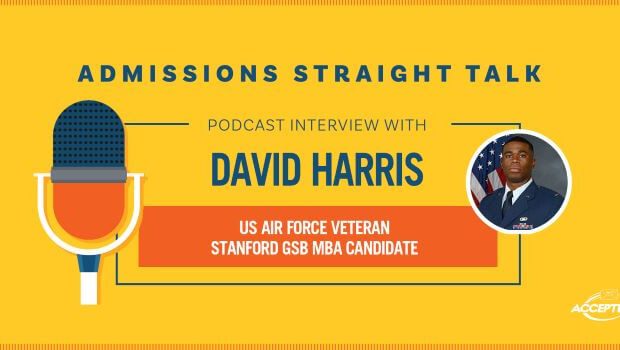
Transitioning from the Military to an MBA at Stanford GSB [Episode 471]
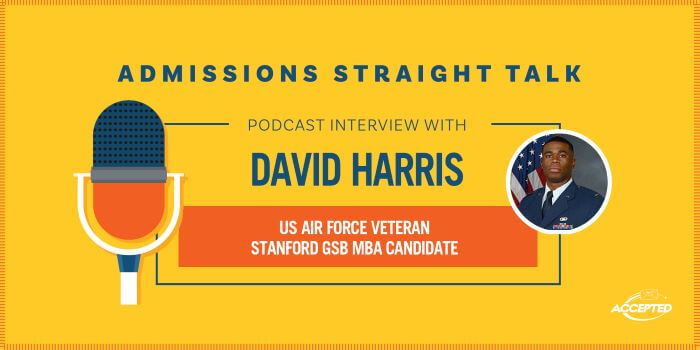
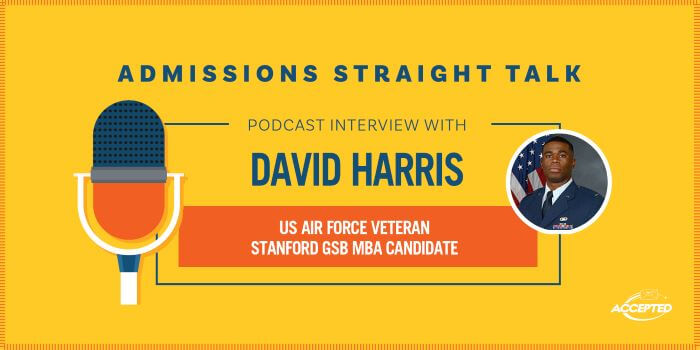

Football, Air Force Academy, and business; hear how they come together in this Stanford MBA’s journey [Show Summary]
Captain David Harris has been a leader since childhood. Growing up and in college, he played football. After graduating from the U.S. Air Force Academy, he served as an officer in the U.S. Space Force, and now he’s preparing for an MBA at Stanford GSB. In this episode, he shares his story.
Interview with David Harris, US Air Force veteran, Stanford GSB MBA candidate [Show Notes]
Thanks for joining me for the 471st episode of Admissions Straight Talk. You’ve seen the stats that most people have a great return on their MBA investment, but what about you? Are you going to see that return? We’ve created a tool that will help you assess whether the MBA is likely to be a good investment for you individually. Go to accepted.com/mbaroicalc, complete the quiz, and you’ll not only get an assessment, but also the opportunity to calculate different scenarios. And it’s all free.
<!–[if lte IE 8]>
<![endif]–> hbspt.cta.load(58291, ‘c02bd076-c5e2-45e6-b09d-9c5e3065ccd6’, {“useNewLoader”:”true”,”region”:”na1″});
hbspt.cta.load(58291, ‘c02bd076-c5e2-45e6-b09d-9c5e3065ccd6’, {“useNewLoader”:”true”,”region”:”na1″});
I’d like to welcome to Admissions Straight Talk, Captain David Harris of the U.S. Space Force. I first met David when he won a free consultation after attending an Accepted webinar. I was very impressed with him and here’s why: In addition to being a delightful person to speak with, David graduated from the U.S. Air Force Academy in 2017. While there, he was a football team captain for the Academy’s Division I team. Upon graduating, he worked first as a Nuclear Cruise Missile Manufacturing and Production Program Manager for the U.S. Air Force and is currently serving in the United States Space Force’s National Reconnaissance Office. Parallel to his service in the military, David has pursued internships in private equity and venture capital, participated in Management Leadership for Tomorrow’s Professional Development Fellows’ program, and co-founded his own investment management company, Ikon Capital Group.
Can you tell us a little bit about your background? [2:38]
No problem. I’m David Harris. Originally from Dallas, Texas so a Cowboys fan by law. I was actually born during a Cowboys game and that kind of laid the framework for my early pursuits. I played football growing up and that ultimately opened the door for football scholarships at the Air Force Academy, which I chose for the leadership and academic challenge. I majored in management and played football, as you mentioned, and then graduated. That’s where I caught the bug for finance. I was really interested once I got into my major, specifically the finance course to dive a little deeper into private equity. So I got an internship at Pharos Capital down in Dallas before I went into active duty at the Nuclear Cruise Missile Program Office, where I was working for three years. It was a great opportunity to lead with decent size team of up to 30. I got the real challenge when I went to the National Reconnaissance Office leading a team of about 125 and managing $250 million worth of software development satellites. It was definitely an amazing experience. I tell people all the time I had the luckiest military career of all time. Then from there, I was able to do a venture capital internship before I head to GSB where I’ll be looking to go into private equity post-MBA. And a quick update, I’m headed to Blackstone at the beginning of June for a pre-MBA internship.
So you have three parallel paths: football, Air Force Academy, and business. What do you like to do for fun? [4:19]
I’ll give you two things. One, I really love volunteering with the Riordan Programs from UCLA. I’ve really enjoyed helping out the youth in southern California. That’s been a big passion of mine for the past four years. I’m actually flying out next week to go to the Riordan Gala where we’ll be presenting a few awards.
Outside of that, really, I really enjoy cooking. When I was tall enough to reach a stove, I was cooking scrambled eggs under my grandmother’s supervision, of course. I’ve been cooking ever since. She’s been that stewardess for our family, and we’ve grown up cooking the entire time.
What do you like to cook? What’s your favorite cuisine? [5:09]
Ooh. That’s tough. I’m going to be a little basic and say I love steak. Steak is absolutely an all-time favorite. I’ll put my steak against any steakhouse. I’m definitely experimenting now. My entire family loves to cook and during Christmas, we actually have like an Iron Chef cook-off. My mother and grandmother will pick the ingredients and we have to create a dish so I like to try definitely different recipes. I know my sister and my brother do too – to practice different recipes throughout the year. Right now, I’m firming up my cacio e pepe recipe. I really love that. And I will say I’m the reigning champ in the family just in case anyone from the family hears this. It definitely brings us together as a family.
How did you decide to start your professional career in the military? [6:19]
It’s really a long story and it’s kind of how I got interested in business as well. It all started when I was younger. It’s one of those core memories. I was five and I was at a family event and all the kids were together and the adults started asking, “Hey, what do you want to be when you grow up?” My cousins went before me and when it was my turn, I proudly stood up in front of everyone and said, “I want to be a manager when I grow up.” The music stopped. Everybody was like, “What do you mean by that?” And I said, “I want to be a manager at McDonald’s.” My mother is a teacher, so everyone is expecting a more studious answer from me. I’ll never forget it. My uncle started dying laughing. My mom was like, “Explain it to me.”
Even though I was five, I did kind of get what was happening around me. I remember family members getting laid off. There was some discrimination in the workplace. I heard about bad things going on. So if I was a manager, I could be in control of all of that. I could provide a safe atmosphere and workplace for my family and the community around me. That was my whole purpose. I just kind of explained that in five-year-old terms to my mother and she was like, “That’s perfect.” She kind of hit my uncle and told him to stop laughing.
It has been that common theme throughout. I think that sense of being in a community and serving the community definitely pushed me towards the military and team sports early on. That’s initially how it started. Then I went to the Air Force Academy. It’s kind of a meld of both playing football, of course, getting the academic rigor, but also then, after graduating, serving and continuing that sense of serving the community. That’s initially how I got started in the armed forces.
How did your interest in business develop? [8:21]
I always kept that sense that I want to serve. That kind of grew upon me through volunteering. Having more free time after graduating from the academy, I was able to do a little bit more. Once I got that edge for business and I went to Pharos Capital before I went on active duty and there I actually saw the transformation that could happen through access to the capital and impactful investments. We were specifically working on a roll-up of oncology companies in the Midwest. We were able to combine and create access with over 30 physicians and that opened up access to thousands of people in the Midwest. When I took a step back, I realized that the money that we invested didn’t cost people jobs, it actually helped people find access in a very rural community in the Midwest.
After seeing that, the wheels start turning. That’s something I definitely want to get back to. This has been the common thread that’s leading me here. I was selling candy in the eighth grade. I was very industrious. At my football banquet, I got a student athlete of the year award, but with an asterisk for the high candy seller in the district as well. So business has always been there.
But building on the Pharos story, that’s only something you can do with access to capital. Looking back at communities I’m involved with I realized the abysmal funding numbers that we have in the Black community, for example. It’s just something that really ignited me to make the pivot to finance.
Why did you want to pursue an MBA? [11:03]
It’s three-fold for me. One, just from a mechanical perspective, it’s definitely the easiest way to switch careers. After researching, I quickly learned I can’t just stop working one day and then try to break into high finance. So that was one thing.
And then, two, taking it one step deeper, it was the best and most efficient way for me to transpose my military experience into business acumen. Once I figured out that’s how I could do that coming from a nontraditional background, it was immediately the push that got me towards the MBA.
The third piece that I think we lose sight of at the Academy is that I didn’t have a lot of free time and it was very time-constrained. Especially with football. A lot of that came at the detriment of things that you enjoy and don’t have time to get into. I took every engineering course possible even though I was a business major because that’s just part of the curriculum. It definitely served me well in the military, especially going into the Space Force and Aeronautical Engineering. But you kind of lose sight of everything else. Even though I enjoyed a lot of my business courses, it wasn’t as if I could throw myself as deep as I could into the academics behind it. So now, looking towards MBA, it’s all business courses. This is a lot of what I found interesting in college and now I can dive deeper into that. I’m really excited just to learn and hit the ground at GSB and dive deeper into a lot of the phenomenal instructors and courses that they have.
What were the biggest challenges you faced in the MBA application process? [13:05]
It was the GMAT for me. That’s definitely the hardest piece that most people say and it was true for me. It was a fight. I think I took it six times and luckily got a score that was good enough but it was a sludge. It’s different for everyone, but I think it took me six or seven months of dedicated grinding it out every day.
I got lucky that I started towards the end of 2020. It was peak pandemic time, so I definitely had a lot of extra time to study. Creating a group of people that applied with me made it easier, I definitely couldn’t have done it without my team of Former Air Force Academy grads all applied this year.
Did you have any particular challenges in terms of the essays or the interviews or any of that part of the application? [14:11]
I mean, it’s all tough. I did MLT MBA prep which definitely helped with the essay portion of it and getting my story down. For the interview, my mindset was, “If I just get a shot to get in front of them, I’ll take advantage of that. I can capitalize.” But I was like, I have to get the score first before I can even get there.
You mentioned your participation in MLT (Management Leadership for Tomorrow). How did it help you? What forms of assistance did it provide you? [15:11]
I’m a double MLT-er and proud to say so. I’m in the MBA Prep Program and the Professional Development. It’s an absolutely phenomenal cohort just teeming with excellence. I’m glad to be a part of it. One of the biggest pieces I got was that community of high-performing individuals all moving toward the same path. I think it was about 300 of us for the MBA Prep Program. I met lifelong friends and business partners there. It has been phenomenal getting to know my cohort.
The second piece was my coach. I have to give a shout-out to her, Coach Candace Gonzalez. Even though she was my MBA coach, she was more like a therapist helping me through the process. She kept me sane throughout a lot of it and helped me get through it. The Professional Development Program has also been phenomenal. We just had our initial conference two weeks ago and we have the next one at the end of the month. It has been amazing getting out in front of the leading firms worldwide like Goldman Sachs and understanding where they’re coming from and how they’re looking to assess talent and grow their business with very open ESG & DEI-minded individuals. It’s really a great experience learning from the spearhead of finance.
One challenge frequently faced by applicants transitioning from the military to business school is translating military experience into civilian terms. Did you feel that was a challenge for you? How did you handle it? [17:10]
It’s a huge challenge and the 25 or 30 iterations of my resume definitely speak to that. It’s something that is extremely nuanced. You have to get it right, especially coming from the military. I will say there are so many resources to help with this. One is prior vets. Every vet that I talked to was extremely supportive saying, “Send me everything. Anything you want me to read, I can help make sure it makes sense. Because if I can’t understand it, I know someone that isn’t in the military isn’t going to understand it.” The vet community across business schools has been phenomenal. There are also a lot of the programs like Service to School. I didn’t use that program, but I have heard many great things from others who have worked with them.
Going back to the coaching, I think a lot of just practice. It’s reaching out and talking to a lot of people on both sides. Like I said, reach out to the vets, but also reach out to the people that evaluate this. Ask family members. I asked my girlfriend many times, “If you read this, could you understand what was going on?” She gave me some fantastic candid feedback. She was probably the initial 10 of those iterations of my resume. I think a big piece of it is getting out in front and making sure that both sides understand what’s going on and understand the process. It’s a tough ask, especially in a classified environment. My work at the National Reconnaissance Office was top-secret. That’s something you have to keep in mind to make sure you don’t include anything you’re not supposed to. That’s just part of the iterative process and going over it.
<!–[if lte IE 8]>
<![endif]–> hbspt.cta.load(58291, ‘cb5459fa-8360-4305-9972-3b41e8981336’, {“useNewLoader”:”true”,”region”:”na1″});
hbspt.cta.load(58291, ‘cb5459fa-8360-4305-9972-3b41e8981336’, {“useNewLoader”:”true”,”region”:”na1″});
How did you decide where to apply? Did you apply only to Stanford or other schools also? [19:30]
Once I finished working at Pharos I realized if I’m going to continue this work, I’m going to need an MBA. The next question was, “Which one are best suited for that?” It was all of the top finance schools that I was thinking of: NYU, Wharton, GSB, HBS, Booth, and CBS. It was the usual suspects in the finance realm where I figured I’d have the best chance of pivoting to finance. From the very beginning, those are the schools where I was gunning. Just by happenstance, the community surrounding those schools was absolutely fantastic. Especially the vets I’ve already alluded to. The sheer amount of support I got from each one of those schools was absolutely phenomenal. They definitely made it easy and helped me pick the school based on my career goals. It was a self-selecting process toward those six schools.
What are you planning to get involved with when you’re at Stanford? What are you planning to concentrate on? [21:42]
Absolutely. Beyond the PEVC Club, I definitely want to get involved in the Impact Fund. It’s our student-led VC fund and I’ve heard phenomenal things about it. I actually wrote about it in my essay. One of the professors is one of the managing partners of the fund. So you can learn in class about an initiative one day and then, later on that day, you have a meeting at Impact Fund and put that into practice right there. That’s definitely one of the things I am extremely excited to potentially get involved with. Another is the Black Business Student Association. It’s a really amazing program and they’ve already helped me out a lot. Shout out to Devon, who is the outgoing president. The last one is the Veterans Club. Also, we have a consulting service and I’d love to volunteer there to help people with the application process specifically for GSB. I’m excited to get into a lot once I get to GSB and take advantage.
What are your post-MBA plans? [24:06]
Right now, I’m simply interested in private equity. After that internship before I went on active duty, it really opened my eyes to the amount of good that investing can do. Private equity, specifically in the tech realm, is something that I’ve been passionate about for four or five years and is exactly what I’m going to target post-MBA. I’m going to get my fair share of that here in a few weeks at Blackstone with their tactical opportunities group. I’m excited to dive deeper into that and, post-MBA, get the secure spot there.
What advice do you have for those interested in pursuing a graduate degree and coming from the military? [24:48]
This definitely should not be something you’re afraid of. I know a lot of people in the military started out at 18. Maybe you went and enlisted first and maybe you went straight to college and went from college. It’s all you’ve really known in your professional career. One of the things you’ve got to get over is the fear of the unknown. It can be good. We’re used to having everything scheduled: you have your assignment a year in advance, you know where you’re going, you know what your job is going to be. You pretty much always have a job. It’s getting over that ambiguity that comes in the private sector that gets a lot of vets. Especially from business school. Many will say “I’m taking out how much? To not have a job for two years?” It’s important to understand that that’s normal. People do that and we have a lot of support from a financing perspective. It’s understanding that there’s no reason to be afraid about that. Hitting on the financing piece, there are so many avenues that you can tap into specifically for vets.
The biggest piece is don’t be scared. Don’t be afraid of the unknown. I hear it so often. We have built so much stability into our lifestyle that it becomes hard to break that. But just reach out. Obviously, reach out to me. Reach out to the vets at any of the schools you want. And just talk. We’ve all been there. I actually separated in March, and so it’s just been a big adjustment, especially with what’s going on with the world. But it’s absolutely doable. Look forward to the future.
What would you have liked me to ask you? [26:47]
That’s a great question. One thing I do wish you would’ve asked is who my inspiration was throughout this whole process?
I think there’s no better time than to shout out to my mother, with Mother’s Day coming soon. I attribute a lot of who I am to her, especially her work ethic. She was an elementary school teacher since I was born and actually taught me in the third grade. Definitely don’t recommend that. It’s amazing to see how hard she worked and how passionate she was and still is to help the next generation. I just was visiting with her a few weeks ago and she was just telling me about some of the issues she has going on with a lot of her students teaching in the virtual world. It just amazes me that she keeps that level of dedication and passion, over 30 years and counting. I can’t say it enough. My mother was definitely the biggest inspiration in my whole journey so far. I definitely want to give a shout-out to her and all the mothers listening to the podcast and of course you too, Linda.
You previously shared that people can catch up with you on LinkedIn. Is that correct?
That’s the best place. Click here to get in touch with David on LinkedIn
Related links:
- David Harris on LinkedIn
- MBA ROI Calculator
- From US Military Officer to IE MBA Student
- A U.S. Navy Vet Discusses His Dartmouth Tuck Experiences
- Business Skills Learned in the Army
- Accepted’s MBA Admissions Consulting Services
Related shows:
- An MBA Success Story Reflects on His HBS Experience, 7 Years Later
- Elissa Sangster, CEO of the Forte Foundation, Returns for AST’s 10th Anniversary
- Get Accepted to UW’s Foster School of Business
- Stanford MBA Discusses Coffee Chats
- What These Seasoned Startup Founders Have Done Since Earning Their Stanford MBAs
Subscribe:
<!–[if lte IE 8]>
<![endif]–> hbspt.cta.load(58291, ‘a7004604-d7d1-4d1f-98ef-a0ec53d7e590’, {});
hbspt.cta.load(58291, ‘a7004604-d7d1-4d1f-98ef-a0ec53d7e590’, {});
The post Transitioning from the Military to an MBA at Stanford GSB [Episode 471] appeared first on Accepted Admissions Blog.
Source: Accepted.com
Transitioning from the Military to an MBA at Stanford GSB [Episode 471]






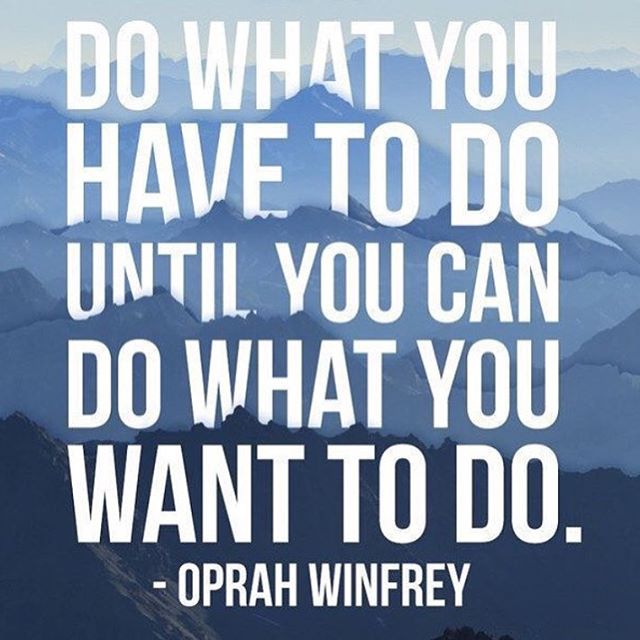

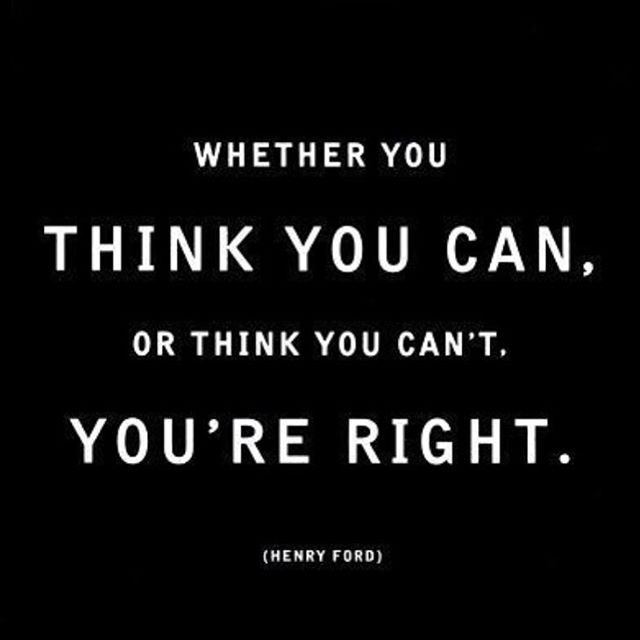



0 comments